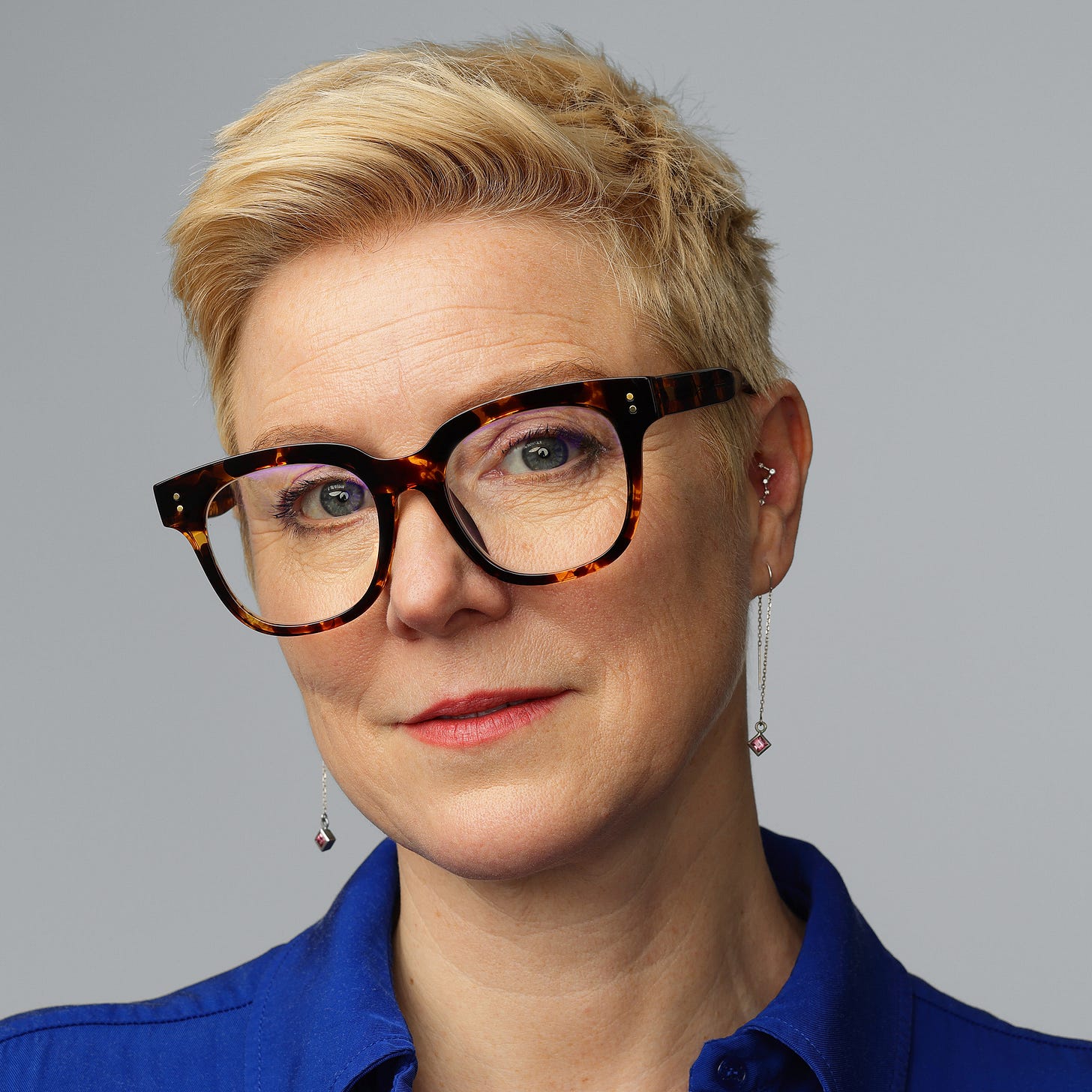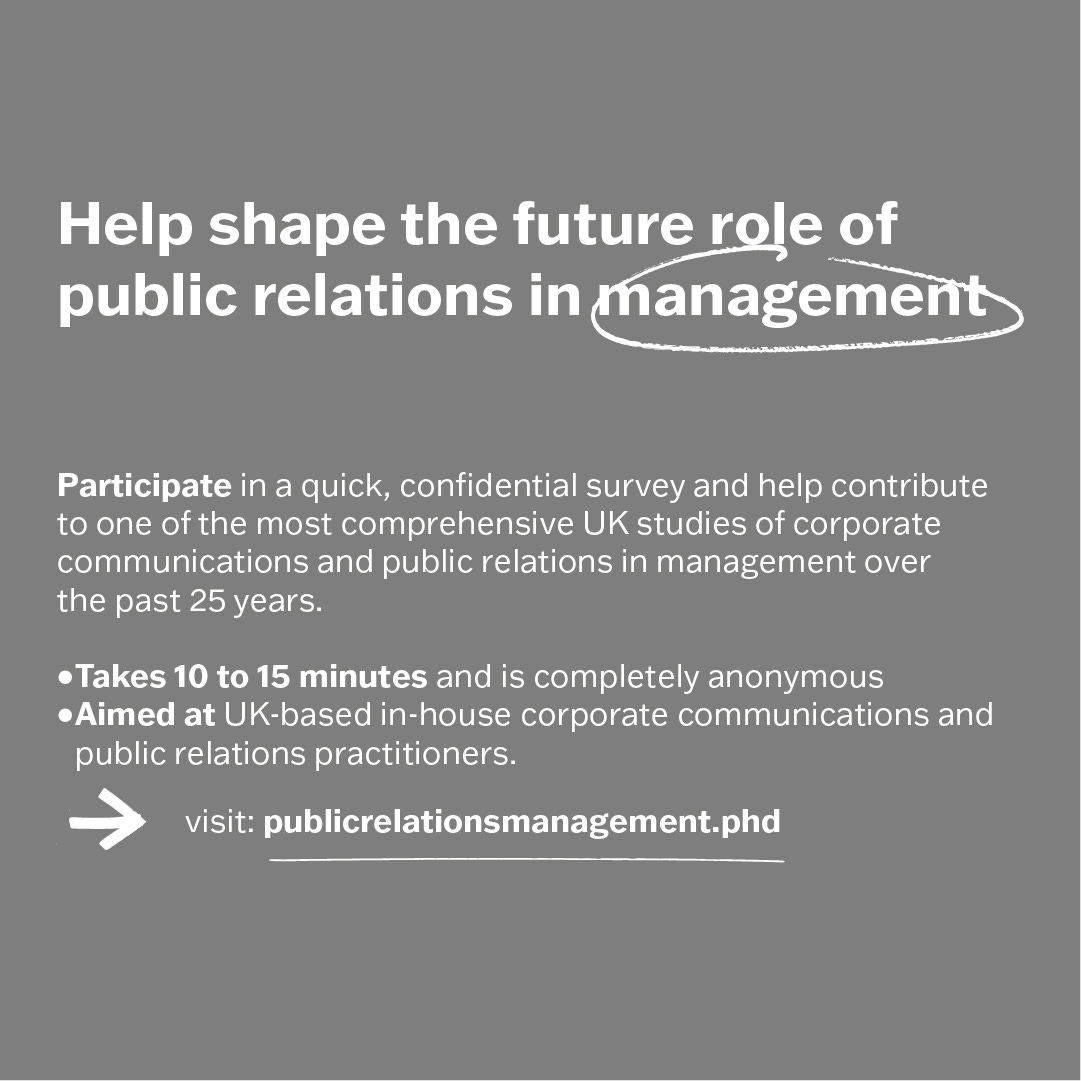✅ Join the movement that has given more than 1,000 women a stronger media voice
Thanks to With Women, a free media training programme, female voices are claiming their space in the news.
Debbie Zaman is the founder and CEO of With, an award-winning B2B communications agency. She also serves as a non-executive director and active angel investor, backing women-founded businesses.
In today’s guest editorial, Debbie explores the issue of media representation. She created With Women, a programme of free media training, to help women leaders address underrepresentation in the news media.
Since its launch, With Women has supported more than 1,000 women, enabling them to share their expertise.
By Debbie Zaman
Only 30% of quoted media experts were women.
As a communications agency that has helped businesses and executives raise their profile and engage hundreds of global spokespeople in training over the years, we felt compelled to find a way to make a difference.
Manels to media gaps
We had seen genuine efforts to avoid the much-criticised so-called manels - all-male panels - on the stages of industry conferences, but too often, major news outlets didn’t show the same gender balance.
As we endeavoured to understand the root cause of the issue, it became clear that in many organisations, media training remains the domain of the CEO. And it also remains true that most CEOs are men.
Many of them are excellent spokespeople, but there was clearly a need to support current and future women CEOs with the skills they need to discuss their businesses and themselves with clarity, control and confidence.
As media relations experts, we are huge advocates of the power of earned media to build not just visibility, but also trust with audiences from investors to customers and talent. Something that generative AI is putting an even greater spotlight on.
However, engaging with media without the training is akin to clipping into skis for the first time and heading to the top of a black run.
Training that drives systematic change
So our programme of free media training for women leaders, With Women, was born.
Since its inception, we have trained over 1,000 women at no cost. Its popularity continues to grow, with sign-ups for our September events topping 100.
One of the most successful elements of the programme has been the partnerships we have forged with global organisations offering support to women in specific sectors. From crypto to cyber, payments to programmatic advertising, and energy to the environment, we have found dedicated groups of women offering their time to elevate others in their respective industries.
It’s completely inspiring and has allowed us to connect with women who possess deep expertise in frequently male-dominated spaces.
Challenging perceptions of expertise, credibility and thought leadership
The sessions have led to some really interesting conversations:
Q: Do the essential media spokesperson qualities of likeability and credibility mean women can’t be argumentative in interviews?
A: No, you can hold your ground and state your case without becoming unlikable. This is true of both genders.Q: Are women more likely than men to feel they are not enough of an expert to step up to an interview?
A: Often yes, but we encourage homework for participants to identify their expertise ‘niche’ and the proof points that back it up. This is also vital in assessing whether a media interview will deliver value to a spokesperson, not just vice versa.Q: Isn’t everyone a thought leader these days?
A: No. Having a thought doesn’t make you a thought leader, whereas a well-prepped, deftly handled interview on a topic relevant to your expertise can elevate you and your company above the competition.
A rising tide lifts all ships. The more women we see in the news, making the news, analysing the news, the easier it becomes for the next generation of women to follow in their footsteps as leaders of note, with opinions of value.
Women reading this who would like to participate can sign up for our in-person or virtual media training via the links below, using the code GENERAL.
Sign up for online training (dates on 9 September and 23 September)
Sign up for in-person training in London (dates on 4 November and 2 December)
ps. Public relations is often viewed as a tactical communication function rather than part of management. Too often, we’re asked to communicate the outcome of decisions, often via the media, rather than contribute to strategy, planning and decision-making. Please contribute to my PhD research study that aims to solve this longstanding issue.


